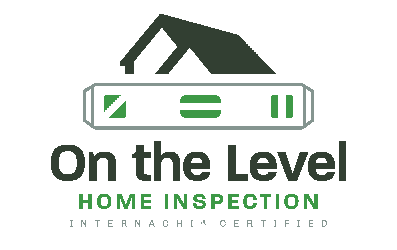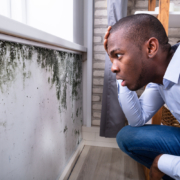Mold is a type of fungus that flourishes in moist environments and reproduces by means of airborne spores. There are over 400,000 types of mold, and while there are only a few dozen that are toxic, exposure to many molds can lead to health problems. It can also cause structural damage to your house. Places that are exposed to high amounts of moisture (like a bathroom or kitchen) are prime breeding grounds for mold and spores.
What Are the Dangers Associated With Mold?
While mold has little or no effect for some people, others (including those with sensitivities) can experience a number of health problems. Exposure to mold spores can cause symptoms like runny noses, coughing, sneezing, watery eyes, and rashes. If somebody is asthmatic or allergic to mold, their reaction can be even more intense. Even if you or your family aren’t at risk for the mold’s health problems, it’s always a good idea to identify and remediate it before it spread.
Mold Inspection vs Mold Testing
Mold Inspection
A mold inspection determines whether there’s any visible mold present and estimates its size (in square feet). An inspection typically includes a visual examination for signs of mold growth, an assessment of water damage, testing for humidity levels, and inspecting the HVAC system for signs of mold contamination. Since mold often drifts into homes from the outside, marginal amounts are almost always present indoors. A mold inspection will be able to determine if the problem was caused by water damage.
Mold Testing
Mold testing attempts to determine which kinds of mold are present in your house, and how many molds there are in the air. Samples that have been collected are examined in a lab under carefully controlled conditions. All indoor spaces contain mold spores that come into them through air currents from outside, so mold testing usually provides a long list of species — most of which aren’t actually present in your house. Determining what kinds of mold are present in your home will allow you to decide whether you or your loved ones are in danger, and if you need a mold inspection.
Don’t hesitate! Even if you don’t see mold, a full assessment can help you determine if fungal spores are growing in your home!



